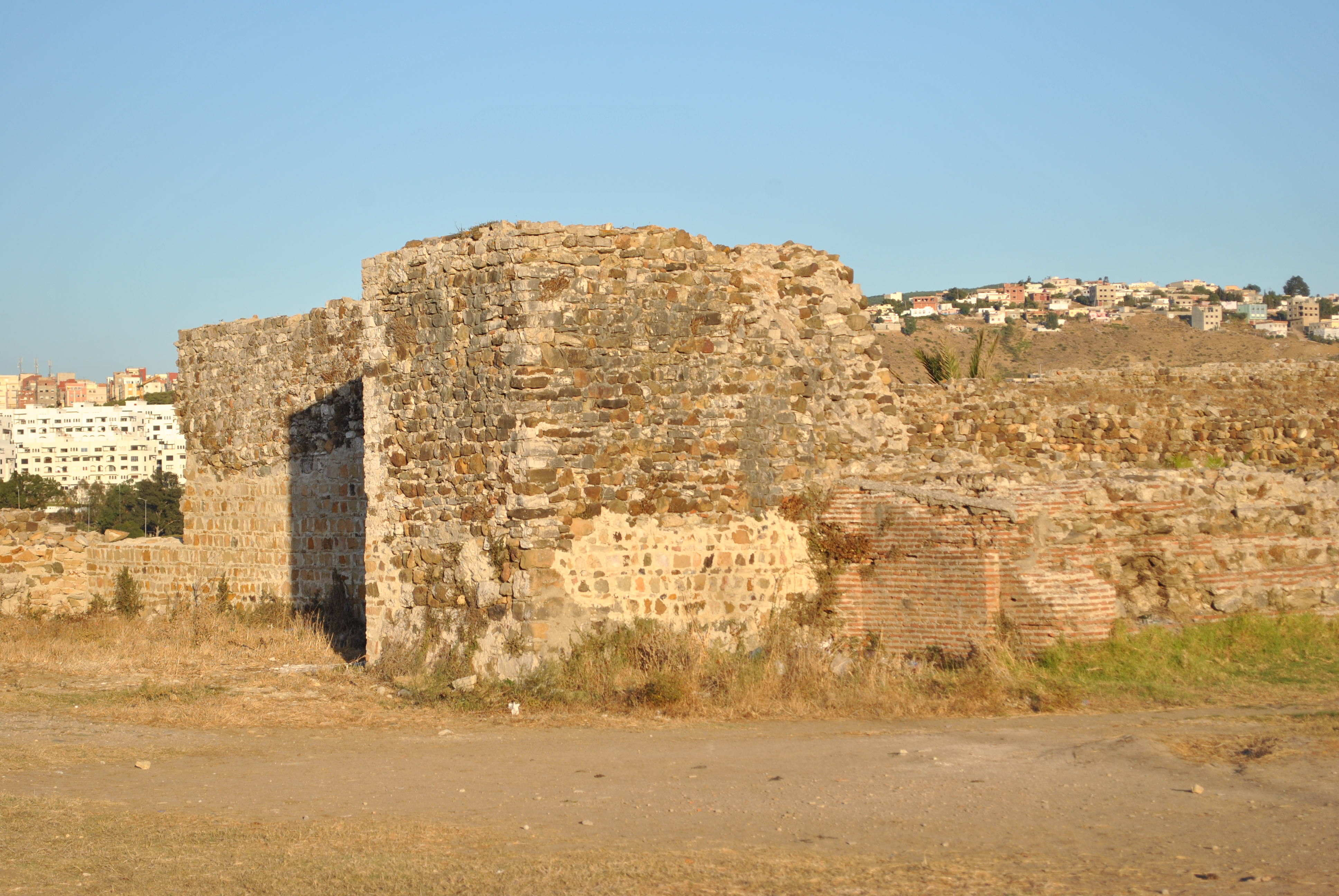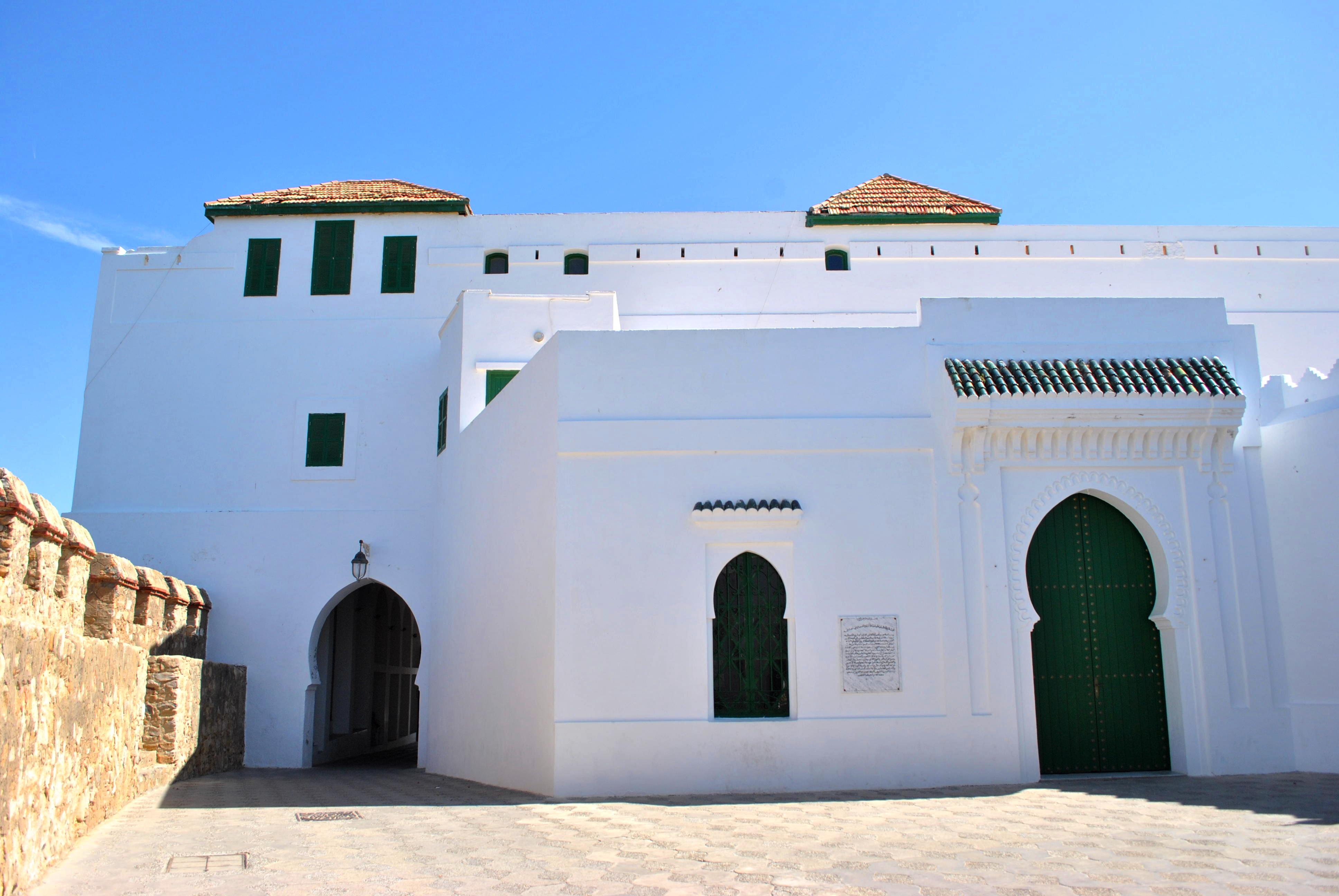|
João Galvão
João Galvão, originally João Rodrigues da Costa or João Rodrigues Galvão (c. 1426 - 1485), was a Portuguese Catholic clergyman and the first to hold the title of Count of Arganil. Family and origins João Galvão was the son of Rui Galvão and his wife Branca Gonçalves, and the brother of the chronicler Duarte Galvão. There are two seals from this João Galvão from 1467 on which, as well as a religious figure, there is a shield with the da Costa coat of arms, which confirms that he was descended by varony from Afonso Lopes da Costa. In fact, he used the name João Rodrigues da Costa as a young man. Career Early career He was a Friar at the Monastery of Santa Cruz de Coimbra, receiving the habit of Canon Regent in 1448,"Nobreza de Portugal e do Brasil", Direcção de Afonso Eduardo Martins Zúquete, Editorial Enciclopédia, 2.ª Edição, Lisboa, 1989, Volume Segundo, p. 296 Canon of the Cathedral of Coimbra and Abbot of the Church of São Julião de Azurara and ... [...More Info...] [...Related Items...] OR: [Wikipedia] [Google] [Baidu] |
The Most Reverend
The Most Reverend (abbreviated as The Most Revd or The Most Rev) is an honorific style (form of address), style given to certain (primarily Western Christian, Western) Christian clergy and Christian minister, ministers. It is a variant of the more common style "The Reverend". Catholic In the Catholic Church, two different systems may be found. In most countries, all bishops are styled "The Most Reverend", as well as monsignors of the rank of protonotary apostolic ''de numero''. In the United Kingdom, only archbishops bear the style "The Most Reverend", with other bishops styled "The Right Reverend". By custom, this title is used for the Minister general, ministers general of the various branches of the Order of Friars Minor as well as of the Third Order Regular of St. Francis. Eastern Orthodox In the Eastern Orthodox Church, Eastern Orthodox tradition, archbishops under the Ecumenical Patriarchate (those who are not the Primate (bishop), primates of autocephalous churches) and M ... [...More Info...] [...Related Items...] OR: [Wikipedia] [Google] [Baidu] |
Frederick III, Holy Roman Emperor
Frederick III (German language, German: ''Friedrich III,'' 21 September 1415 – 19 August 1493) was Holy Roman Emperor from 1452 until his death in 1493. He was the penultimate emperor to be Coronation of the Holy Roman Emperor, crowned by the pope, and the last to be crowned in Rome. He was the fourth King of the Romans and the first Holy Roman Emperor from the House of Habsburg, which was to retain the title with one gap until it was declared at an end by Francis II, Holy Roman Emperor, Emperor Francis II, in 1806. Prior to his imperial coronation, he was duke of the Inner Austrian lands of Duchy of Styria, Styria, Duchy of Carinthia, Carinthia and Duchy of Carniola, Carniola from 1424, and also acted as regent over the Duchy of Austria from 1439. He was imperial election of 1440, elected and crowned King of Germany in 1440. His reign of 53 years is the longest in the history of the Holy Roman Empire or the German monarchy. Upon his death in 1493 he was succeeded by his son Max ... [...More Info...] [...Related Items...] OR: [Wikipedia] [Google] [Baidu] |
Roman Catholic Archbishops Of Braga
Roman or Romans most often refers to: *Rome, the capital city of Italy *Ancient Rome, Roman civilization from 8th century BC to 5th century AD *Roman people, the people of Roman civilization *Epistle to the Romans, shortened to Romans, a letter written by Paul, found in the New Testament of the Christian Bible * Ar-Rum (), the 30th sura of the Quran. Roman or Romans may also refer to: Arts and entertainment Music * Romans (band), a Japanese pop group * ''Roman'' (album), by Sound Horizon, 2006 * ''Roman'' (EP), by Teen Top, 2011 *" Roman (My Dear Boy)", a 2004 single by Morning Musume Film and television *Film Roman, an American animation studio * ''Roman'' (film), a 2006 American suspense-horror film * ''Romans'' (2013 film), an Indian Malayalam comedy film * ''Romans'' (2017 film), a British drama film * ''The Romans'' (''Doctor Who''), a serial in British TV series People * Roman (given name), a given name, including a list of people and fictional characters *Roman (surname ... [...More Info...] [...Related Items...] OR: [Wikipedia] [Google] [Baidu] |
Pope Sixtus IV
Pope Sixtus IV (or Xystus IV, ; born Francesco della Rovere; (21 July 1414 – 12 August 1484) was head of the Catholic Church and ruler of the Papal States from 9 August 1471 until his death in 1484. His accomplishments as pope included the construction of the Sistine Chapel and the creation of the Vatican Library. A patron of the arts, he brought together the group of artists who ushered the early Renaissance into Rome with the first masterpieces of the city's new artistic age. Sixtus created the Spanish Inquisition through the Papal bull ''Exigit Sinceræ Devotionis'' (1478), and annulled the Pontifical decrees of the Council of Constance. He was noted for his nepotism and was personally involved in the infamous Pazzi conspiracy, a plot to remove the Medici family from power in Florence. Early life Francesco was a member of the Della Rovere family, a son of Leonardo Beltramo di Savona della Rovere and Luchina Monteleoni. He was born in Celle Ligure, a town near S ... [...More Info...] [...Related Items...] OR: [Wikipedia] [Google] [Baidu] |
John II Of Portugal
John II (; ; 3 May 1455 – 25 October 1495), called the Perfect Prince (), was King of Portugal from 1481 until his death in 1495, and also for a brief time in 1477. He is known for reestablishing the power of the Portuguese monarchy, reinvigorating the economy of Portugal, and renewing the Portuguese exploration of Africa and Asia. Early life Born in Lisbon on 3 May 1455, John was the second son of Afonso V of Portugal and Isabella of Coimbra. At one month old, on 25 June 1455, he was declared legitimate heir to the crown and received an oath of allegiance from the three estates. In 1468, Afonso V and Henry IV of Castile attempted to arrange a double marriage in which John would marry Henry's daughter, Joanna, and Afonso would marry Henry's half-sister and heir-presumptive, Isabella of Castile. However, Isabella refused to consent to the arrangement. Instead, John married Eleanor of Viseu, his first cousin and the eldest daughter of Ferdinand, Duke of Viseu, on 22 Janu ... [...More Info...] [...Related Items...] OR: [Wikipedia] [Google] [Baidu] |
Academia Das Ciências De Lisboa
The Academy of Sciences of Lisbon () is Portugal's national academy dedicated to the advancement of sciences and learning, with the goal of promoting academic progress and prosperity in Portugal. It is one of Portugal's most prestigious scientific authorities and the official regulator of the Portuguese language in Portugal, through its Class of Letters. History The academy was founded on 24 December 1779 in Lisbon, Portugal, by João Carlos de Bragança, Duke de Lafões, who served as the academy's first President, and José Correia da Serra, who served as its first secretary-general. Domenico Vandelli was among its mentors and early organizers. It inherited several archives from its direct predecessor the Royal Academy of Portuguese History (''Academia Real da História Portuguesa)'', which had been functioning since 1720 and stopped in 1776. This society had been meeting informally since 1717, under the sponsorship of the 4th Count of Ericeira, until its approval by Kin ... [...More Info...] [...Related Items...] OR: [Wikipedia] [Google] [Baidu] |
Tangier
Tangier ( ; , , ) is a city in northwestern Morocco, on the coasts of the Mediterranean Sea and the Atlantic Ocean. The city is the capital city, capital of the Tanger-Tetouan-Al Hoceima region, as well as the Tangier-Assilah Prefecture of Morocco. Many civilisations and cultures have influenced the history of Tangier, starting from before the 10th centuryBCE. Starting as a strategic Phoenician town and trading centre, Tangier has been a nexus for many cultures. In 1923, it became an Tangier International Zone, international zone managed by colonialism in Africa, colonial powers and became a destination for many European and American diplomats, spies, Bohemianism, bohemians, writers and businessmen. That status came to an end with Moroccan independence, in phases between 1956 and 1960. By the early 21st century, Tangier was undergoing rapid development and modernisation. Projects include tourism projects along the bay, a modern business district called Tangier City Centre, an ai ... [...More Info...] [...Related Items...] OR: [Wikipedia] [Google] [Baidu] |
Asilah
Asilah () is a fortified town on the northwest tip of the Atlantic coast of Morocco, about south of Tangier. Its ramparts and gateworks remain fully intact. History The town's history dates back to 1500 B.C., when Phoenicians occupied a site called Silis, Zili, Zilis, or Zilil (, , or , ) which is being excavated at Dchar Jdid, some NE of present Asilah; that place was once considered to be the Roman stronghold Ad Mercuri, but is now accepted to be Zilil. The town of Asilah itself was originally constructed by the shia Idrisid dynasty, and Umayyad caliph Al-Hakam II rebuilt the town in 966. The Portuguese conquered the city in 1471 and built its fortifications, but it was abandoned because of an economic debt crisis in 1549. In 1578, Sebastian of Portugal used Asilah as a base for his troops during a planned crusade that resulted in Sebastian's death, which in turn caused the Portuguese succession crisis of 1580. The Portuguese kept hold of the town but in 1589 the Saa ... [...More Info...] [...Related Items...] OR: [Wikipedia] [Google] [Baidu] |
Pope Paul II
Pope Paul II (; ; 23 February 1417 – 26 July 1471), born Pietro Barbo, was head of the Catholic Church and ruler of the Papal States from 30 August 1464 to his death in 1471. When his maternal uncle became Pope Eugene IV, Barbo switched from training to be a merchant to religious studies. His rise in the Church was relatively rapid. Elected pope in 1464, Paul amassed a great collection of art and antiquities. Early life Pietro Barbo was born in Venice, the son of Niccolò Barbo and wife Polissena Condulmer.Weber, Nicholas. "Pope Paul II." The Catholic Encyclopedia Vol. 11. New York: Robert Appleton Company, 1911. 15 May 2020. His mother was the sister of Pope Eugene IV (1431–1447). Through his f ... [...More Info...] [...Related Items...] OR: [Wikipedia] [Google] [Baidu] |


